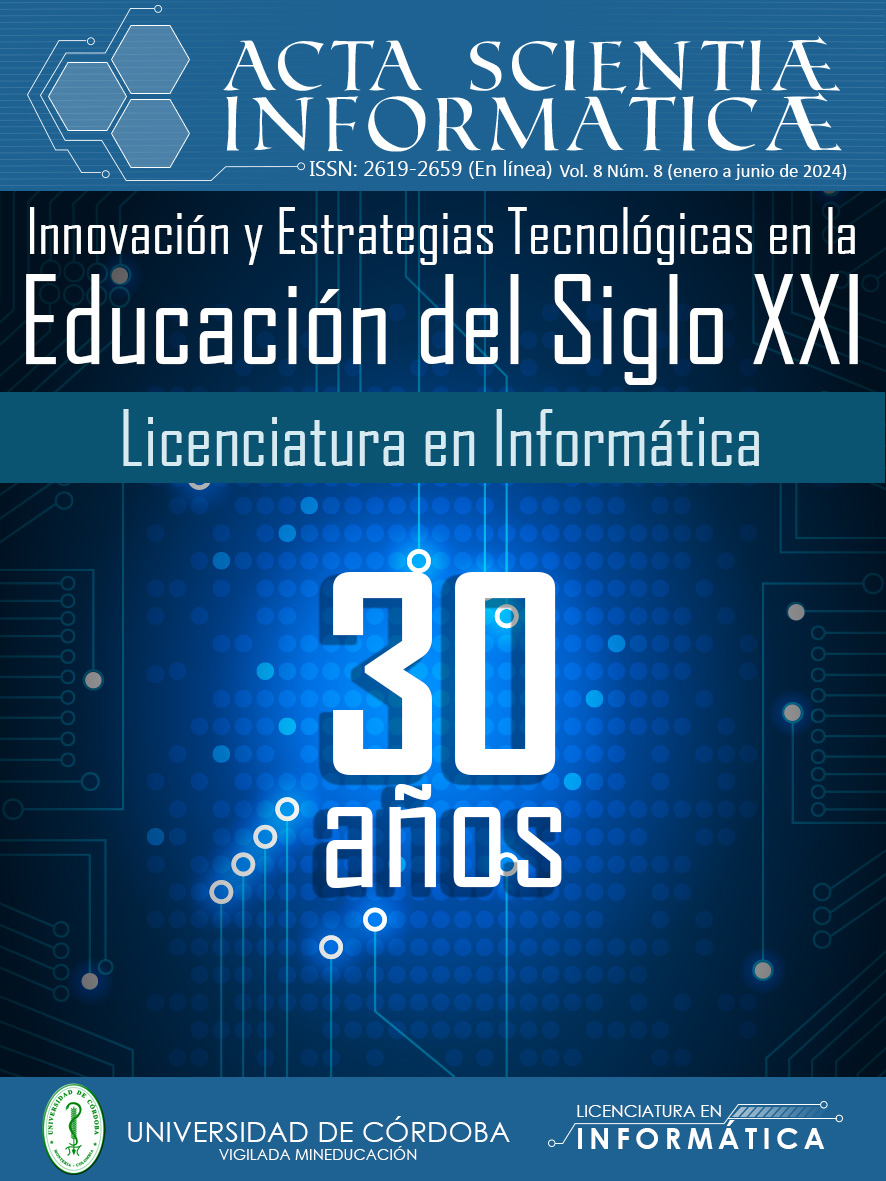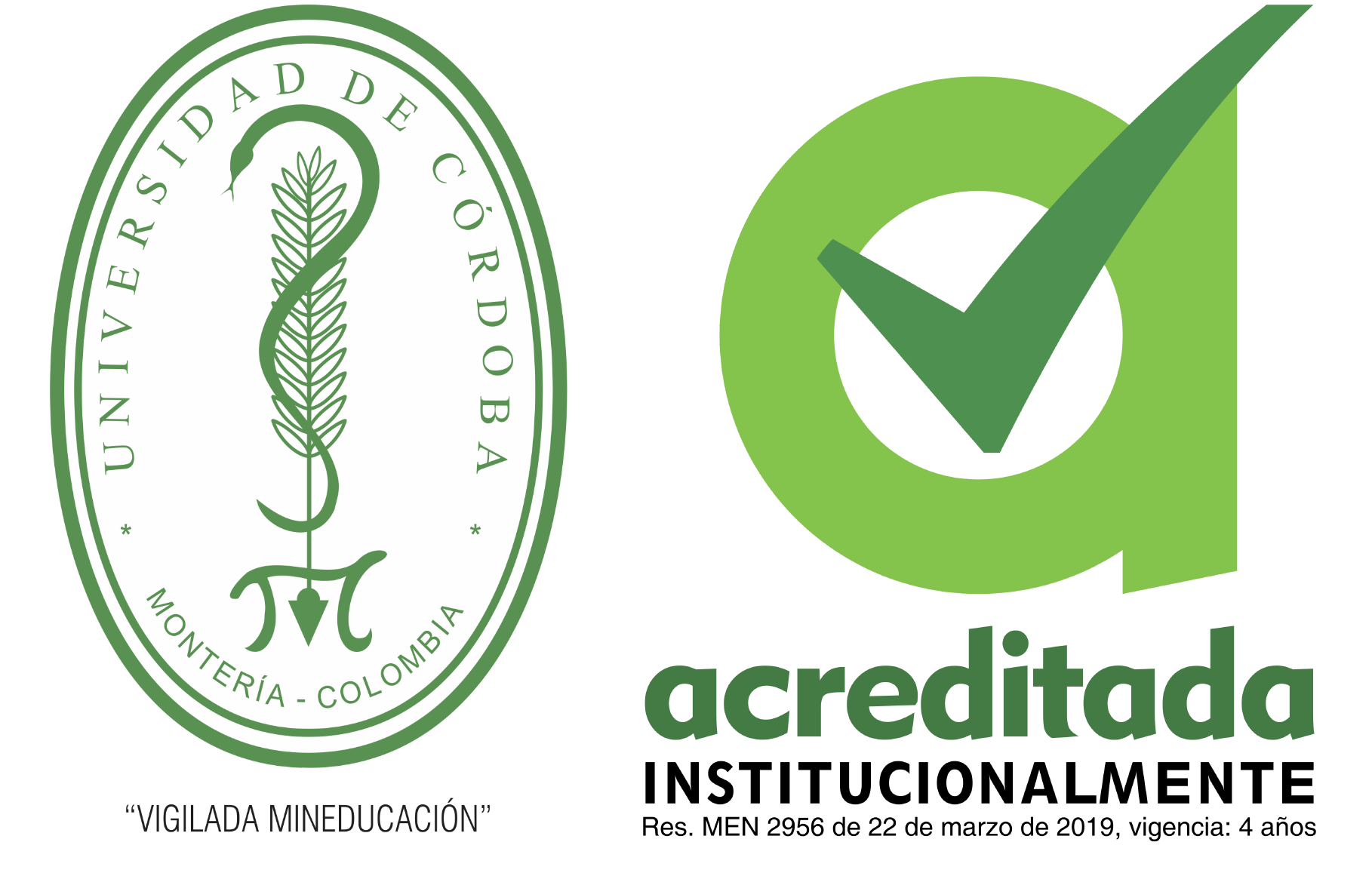ENFOQUE STEM+ Y GAMIFICACIÓN PARA DESARROLLAR EL PENSAMIENTO COMPUTACIONAL EN EDUCACIÓN BÁSICA
ENFOQUE STEM+ Y GAMIFICACIÓN PARA DESARROLLAR EL PENSAMIENTO COMPUTACIONAL EN EDUCACIÓN BÁSICA
Show authors biography
This article examines the implementation of a gamified STEM+ teaching strategy in teaching programming to primary school students in Montería. A research methodology in design science was addressed, which consisted of a pretest-posttest comparison design. The research revealed a notable increase in computational thinking, with 85% of students showing improvements in the posttests. The strategy was also well received, with 90% of students expressing satisfaction. These findings respond in a timely manner to the specific objectives of the research and highlight the need to integrate playful and STEM+ approaches in early education to improve essential skills required for the digital age. The conclusions highlight the importance of gamification to promote computational thinking in primary school students, and demonstrate the importance of integrating programming interactively in traditional educational environments, thus generating a significant impact on learning experiences in the classroom. The research suggests consistently incorporating similar teaching strategies into the curriculum, as well as exploring STEM+ approaches to further strengthen the teaching of programming in the initial stages of education
Article visits 221 | PDF visits
Downloads
- Wing, J. (2006). Computational thinking. ACM SIGCSE Bulletin, 39(1), 195–196. https://doi.org/10.1145/1227504.1227378
- Zapata-Ros, M. (2019). Computational thinking unplugged - Pensamiento computacional desenchufado. Education in the Knowledge Society, 20(1), 1–29. https://doi.org/10.14201/eks2019_20_a18
- J. M. Mantecón, T. F. Blanco, Z. Ortiz-Laso, and Z. Lavicza, “STEAM projects with KIKS format for developing key competences,” Comunicar, vol. 29, no. 66, pp. 34–43, 2021, doi: 10.3916/C66-2021-03.
- Madrid, L., Posada, O., Giraldo, J., & Madera, D. (2023). Aportando al aprendizaje experiencial a través de la implementación de un ambiente virtual con enfoque STEAM+. 7.
- Marques-Flores, J., & Ryokiti-Homa, A.-I. (2022). Educación STEM y robótica educativa como propuesta de enseñanza y aprendizaje en primaria. Unión, Revista Iveroamericana De Educación Matemática, 1–15.
- Arabit, J., & Espinosa, P. (2020). Metodologías y Tecnologías para enseñar STEM en Educación Primaria: análisis de necesidades. Revista De Medios Y Educación, 57. https://recyt.fecyt.es/index.php/pixel/index
- Peffers, K., Tuunanen, T., Rothenberger, M. A., & Chatterjee, S. (2007). A design science research methodology for information systems research. Journal of management information systems, 24(3), 45–77. Https://doi.Org/10.2753/MIS0742-1222240302
- Laura-Ochoa, L., & Bedregal-Alpaca, N. (2021). Desarrollo del Pensamiento Computacional Esquiando: Una Experiencia con Estudiante De Pregrado. Proceedings - 2021 16th Latin American Conference on Learning Technologies, LACLO 2021, 112–117. https://doi.org/10.1109/LACLO54177.2021.00070
- Suárez, J. (2020). Softwares interactivos para potenciar la enseñanza de la lógica de programación en los estudiantes de informática del bachillerato técnico de las instituciones educativas del distrito 09d22 de la zona 5, cantón playas.
- Fernández, F., Fernández, M., & Rodríguez, J. (2018). El proceso de integración y uso pedagógico de las TIC en los centros educativos madrileños. Educacion XX1, 21(2), 395–416. https://doi.org/10.5944/educXX1.17907
- Pérez-Marín, D., Hijón-Neira, R., & Martín-Lopez, M. (2018). Propuesta de Metodología Basada en Metáforas para la Enseñanza de la Programación a Niños. Vaep-Rita, 6(1), 32–39.
- Ministerio de Educación Nacional, Orientaciones curriculares para el área de tecnología e informática en educación básica y media. Bogotá D. C., 2022. ISBN: 978-958-785-381-0.


